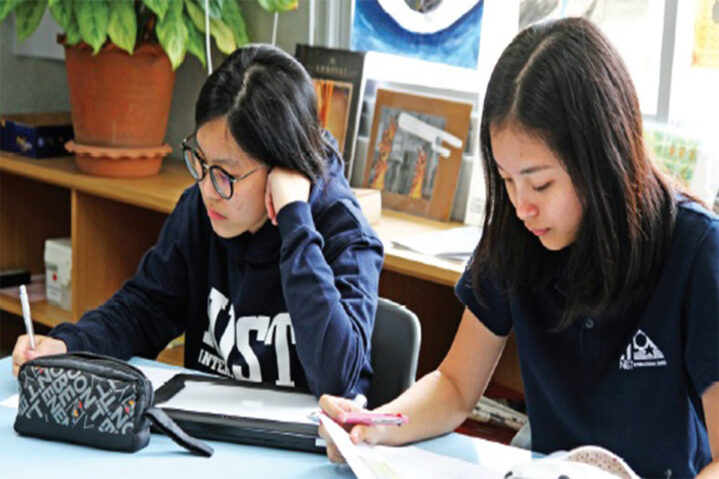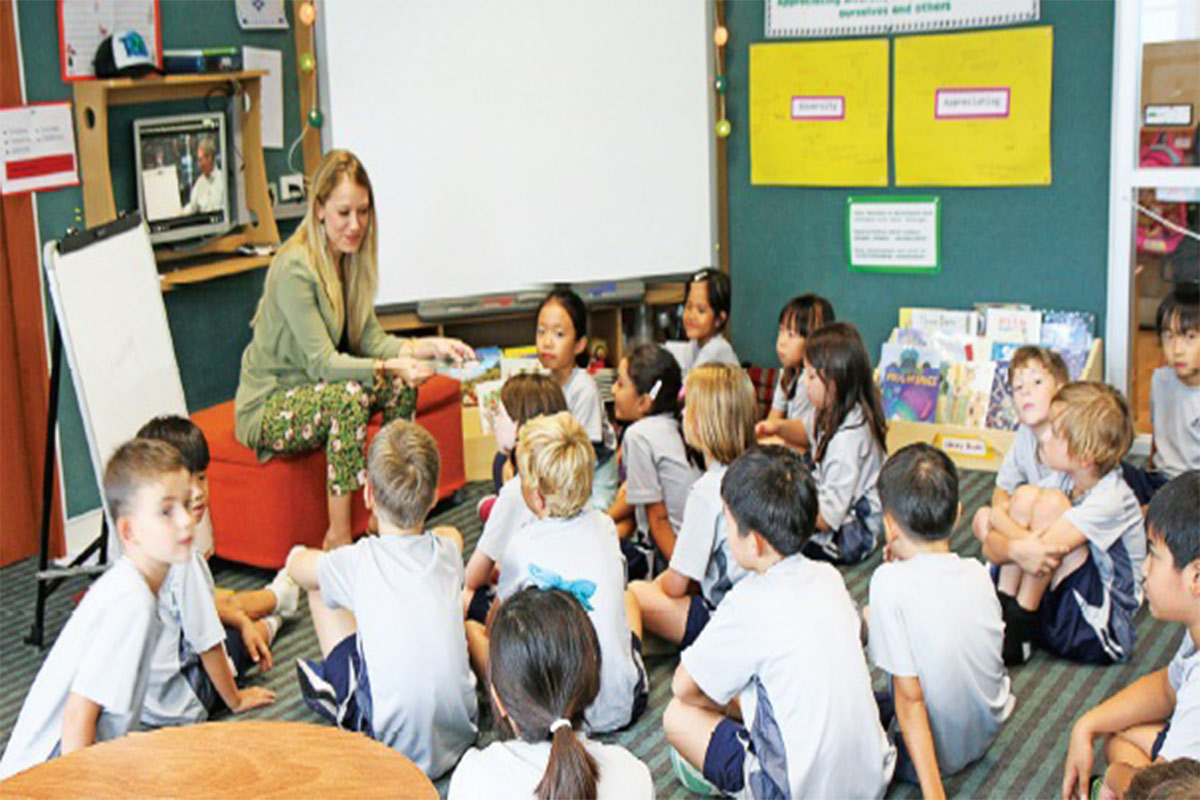
Why international education matters more than ever
With its turmoil, uncertainty and polarised conflicts, 2016 will be remembered as a year that sparked dramatic changes in societies across the globe. Political upheaval across much of Europe and the Americas anticipated Brexit, shocking even those of us who had become accustomed to an anti globalised sentiment in our home countries. Yet the surprising decision in the UK proved to be just the beginning as Donald Trump defied almost all expectations by rising to power in the US. Following in the footsteps of these radical changes, a decidedly nationalistic, isolationist movement is growing, one that raises troubling concerns about the world our children will inherit.
Though this trend is undoubtedly complex, at least one key factor has played a significant part: the failure of education systems to adapt to the needs of a new generation. The focus in public school systems, whether in the US, UK or elsewhere, is still too often on traditional academic subjects and vocational education. Though this learning still holds great value, particularly in certain regions, it also fails to address how the world has changed over the past several decades. Our grandparents and parents grew up in a time in which learning a trade guaranteed a steady job and income to support one’s family. They experienced a world in which travelling to another country was still exotic, and a trip to the local store most often meant seeing others who shared the same skin colour or at least a similar background.
Our children are growing up in a very different context. Even in rural communities, immigrants seek new opportunities, trade creates a need for multilingual and multicultural communication, and tourism draws a wide range of diverse visitors. Stepping outside the doors of their homes, and sometimes even in their own families, children are exposed to a spectrum of languages, cultures and perspectives. Schools have struggled to define the learning required to account for these changes, and international education has taken the lead in constructing viable models that provide both academic and values based learning.
Despite representing numerous nations, curricula and approaches, virtually every institution within international education embraces diversity, multiculturalism and global citizenship. These core principles shape the learning that takes place and challenge students to consider views and opinions that differ from their own. While international schools encourage pride in one’s heritage and culture, they also do so in the context of an global community founded on peaceful dialogue and cooperation. This simple yet powerful approach often fosters unique school cultures, particularly in the case of larger institutions, that serve as tangible examples of how radically diverse people can live and work together despite their differences. It stands in stark contrast to the isolationist claim that a violent clash of philosophies must always be inevitable.
“Our children are growing up in a very different context.”
In this model, being able to effectively communicate and cooperate with a wide range of people is equally, if not more, important than technical knowledge and skills. As the next generation reaches adulthood, their ability to function in this manner will more often than not determine their success in the future. This is not mere hyperbole. Annual survey research by the National Association of Colleges and Employers in the US and the UK Commission for Employment and Skills has consistently demonstrated that universities and employers more highly value these soft skills as well. Regardless of industry, an increasing demand has grown for competent, conscientious adults who can flourish within multicultural environments.

Globalisation is not going away, technology will not regress and we can no longer afford to close the borders of our nations, hiding away behind a literal or figurative wall. For good or ill, the 21st century is shaping into a landscape in which we will all increasingly interact with others who do not share our values and experiences. Far from being a trend, international education offers children the foundation they need to develop into the global citizens who can collectively shift us toward a more peaceful, equitable world.
What can I do as a parent?
Many in the expatriate community have the opportunity to enrol their children in international schools, helping shape them into globally minded learners. Yet every parent can also help foster these traits at home through a few simple strategies.
Question
Take every opportunity to ask your child to consider other viewpoints, even if they differ from your own. By doing so you help them to develop the ability to think critically and find value in diverse perspectives.
Challenge
Push your child to try new things outside of their comfort zone. Whether in the form of music, travel, service or other opportunities, this exposes them to people they may otherwise not interact with in their daily life.
Encourage
Focus on cooperation and the process of learning rather than the outcome. Offer praise for the attitude and effort that your child puts into working with others and understanding concepts as opposed to grades or awards.
Guide
Though it’s common to want to be a friend to your child, it’s more important to be a parent when necessary. Work with your child to establish expectations for treating others with respect and empathy … and enforce those expectations.



